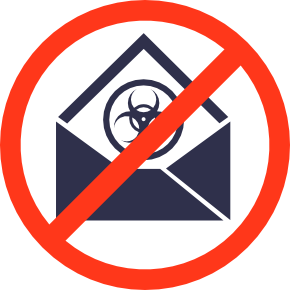CASL botnet take down
- laura
- December 3, 2015
- Delivery improvement
 The CRTC served its first ever warrant as part of an international botnet takedown. The warrant was to take down a C&C (command and control) server for Win32/Dorkbot. International efforts to take down C&C servers take a lot of effort and work and coordination. I’ve only ever heard stories from folks involved but the scale and work that goes into these take downs is amazing.
The CRTC served its first ever warrant as part of an international botnet takedown. The warrant was to take down a C&C (command and control) server for Win32/Dorkbot. International efforts to take down C&C servers take a lot of effort and work and coordination. I’ve only ever heard stories from folks involved but the scale and work that goes into these take downs is amazing.
Bots are still a problem. Even if we manage to block 99% of the botnet mail out there people are still getting infected. Those infections spread and many of the newer bots steal passwords, banking credentials and other confidential information.
This kind of crime is hard to stop, though, because the internet makes it so easy to live in one country, have a business in a third, have a shell corp in a fourth, and have victims in none of those places. Law enforcement across the globe has had to work together and develop new protocols and new processes to make these kinds of takedowns work.